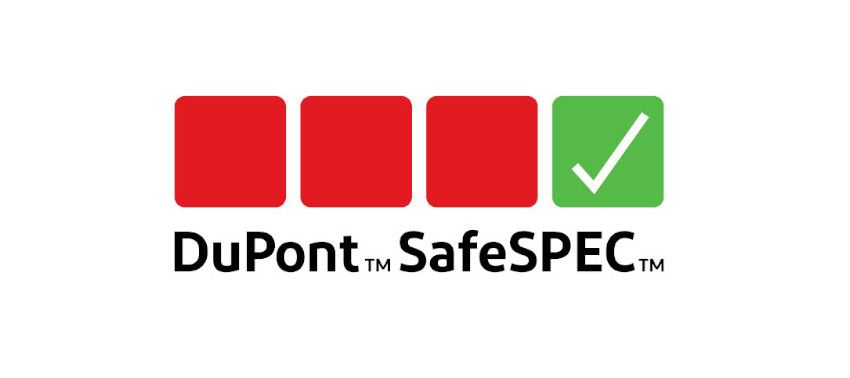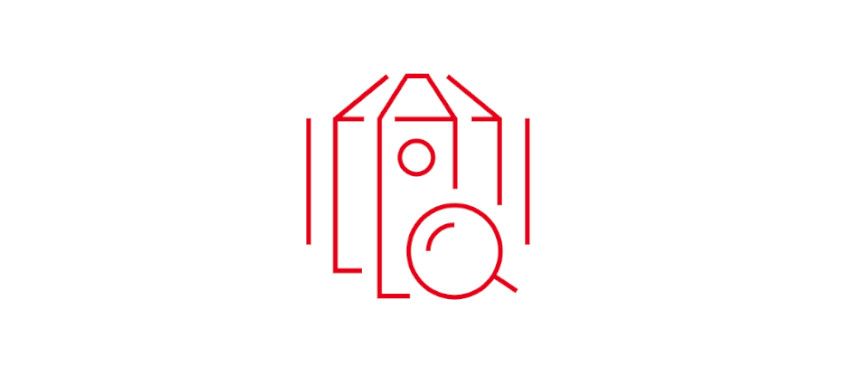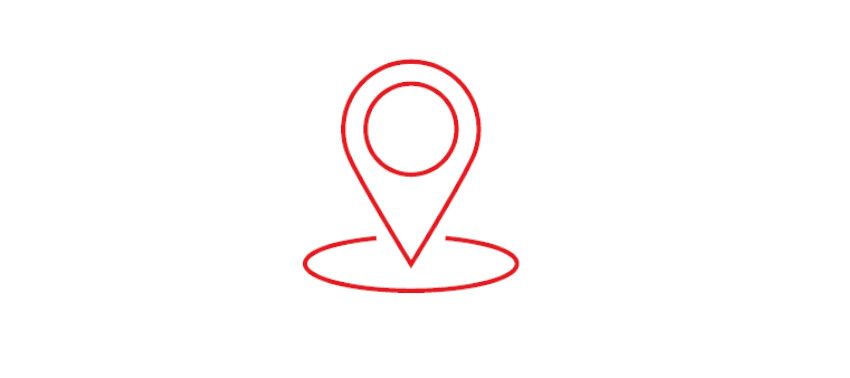Dow's Stade chemical site has been using DuPont Personal Protection chemical protection garments for over ten years
_190_Image-01_672px)
With an area of some 550 hectares, Stade is the largest German production site of global chemical group Dow. Every year, around 1300 in-house staff and several hundred contractors produce some three million tonnes of basic and specialty chemicals including propylene oxide, propylene glycol, solvents for paints, perchloroethylene, raw materials for polyurethanes, cellulose ethers, chlorine, sodium hydroxide solution and hydrogen in ten plants. Personal protective equipment (PPE), including chemical protection garments, is vital for reliably protecting staff from hazardous liquids and solids. For over a decade now, Dow workers have been using garments made by DuPont Personal Protection, Luxembourg (ipp.dupont.com). Dow has plans to roll this out in future to other German sites too. Not only will the resultant synergies reduce costs but, most importantly, staff safety will be still further improved thanks to the harmonization of the products used.
Tychem® offers protection from liquid chemicals and Tyvek® from dusts
To provide protection from liquid chemicals, Dow makes use of Tychem® 2000 C (previously: Tychem® C) and Tychem® 6000 F (previously: Tychem® F) coveralls. Typical applications are material transfers or inspection tasks in which lines are opened and there is a risk of personnel being contaminated with the hazardous substance. These garments are also used during the emptying and cleaning of pipework which is required for regular official TÜV1 inspections.
Key to the decision were the comprehensive permeation data DuPont was able to supply to Dow's safety professionals. As Jens Thiede, SHE Specialist at Dow in Stade with responsibility for the selection and use of PPE, explains: "We have around 2000 different chemicals on our plant here and cannot purchase a dedicated garment for each product. We need products that reliably protect our staff from as many substances as possible. So we had a good look around on the market and shortlisted a range of products. The permeation data DuPont supplied for numerous organic and inorganic chemicals were very helpful and convinced us that the two Tychem® garments were the best ones to choose for our staff."
However, Dow has also been using DuPont coveralls for many years in areas where staff are exposed to hazards arising from solids and dusts. The suits involved here are primarily those from the Tyvek® product line, such as Tyvek® 600 Plus (previously: Tyvek® Classic Plus), for instance in the production of cellulose ethers which are used as fillers and binders in construction materials, cosmetics and pharmaceuticals.
Thorough wear testing demonstrates suitability under practical conditions
_190_Image-02_672px)
Before purchasing new or updated models, Dow carries out comprehensive wear tests lasting several weeks or even months with its front-line staff. These tests are a useful factor in coming to a decision about which product is most suitable for staff and their specific working conditions and whether it can prove its worth under practical conditions. Thiede explains, "DuPont assists us with these tests by supplying sample garments in various sizes. Our staff enter their ratings on questionnaires covering criteria such as wearer comfort, fit, freedom of movement, handling, size range and, of course, the wearer's subjective feeling of safety. We then jointly evaluate these questionnaires with DuPont. Sometimes there are also criticisms of the garments which may then possibly be fed into further product development."
As Thiede also comments, Dow's standard practice was originally to keep stocks of the garments in sizes M to XXL. But over the course of time, the wear tests have increasingly revealed demand for very small and very large sizes as well. This demonstrates a further advantage of working with DuPont because they can offer a wide range of different sizes which are available from stock or made to order.
Close cooperation an important factor in occupational safety
_190_Image-03_672px)
Dow and DuPont have been working together for over ten years on the selection and use of suitable protective garment solutions for specific hazards and applications. The aim is to ensure ongoing, continuous improvement in staff safety on the Stade site. This is why the companies carry out joint workshops informing heads of department, H&S coordinators, staff from partner companies and apprentices about protective clothing in general, the characteristics of Tychem® and Tyvek® chemical protective clothing, the correct way to donning and doffing and proper disposal after possible contamination. As Thiede says, "Training workshop participants pass on their knowledge in their departments and workshops and among their shift colleagues. Our aim is to make sure this knowledge is put into practice and widely disseminated so our staff can work safely." DuPont has helped by providing training videos and step-by-step instructions which Dow staff can access via an intranet platform.
Custom solutions were required for some areas of use, e.g. protective suits with reinforcement at specific points subjected to particular mechanical stress or specific details such as attached heat-sealed gloves or boot cuffs. "In such cases, DuPont put us in contact with a company which has been able to finish the garments in line with our requirements", explains Thiede. "Also, we regularly collaborate on optimizing and further developing the products with the aim of continually improving staff protection."
Roll-out to other sites
Since Stade manufactures basic chemicals, the insights gained there can also be transferred to other Dow sites in Germany and Europe. This firstly generates cost savings, since there is no longer any need to select and assess various chemical protection garments and carry out wear tests at each site. Secondly, the resultant synergies can ensure greater harmonization of PPE between sites and so enable uniformly high occupational safety standards across Germany. "This obviously also makes things simpler and more efficient for both parties. DuPont has a single point of contact on the customer side and we are able to take delivery of larger quantities, making it a win-win situation for everyone", concludes Thiede.
1 Technischer Überwachungs-Verein, German association for technical inspections


